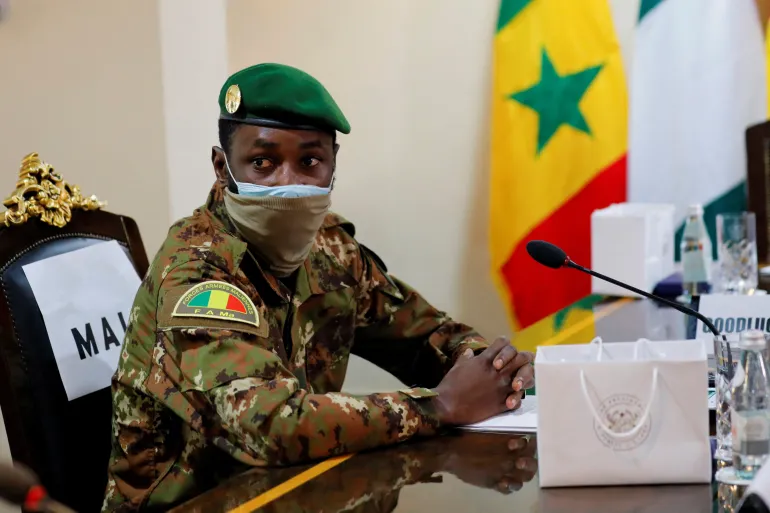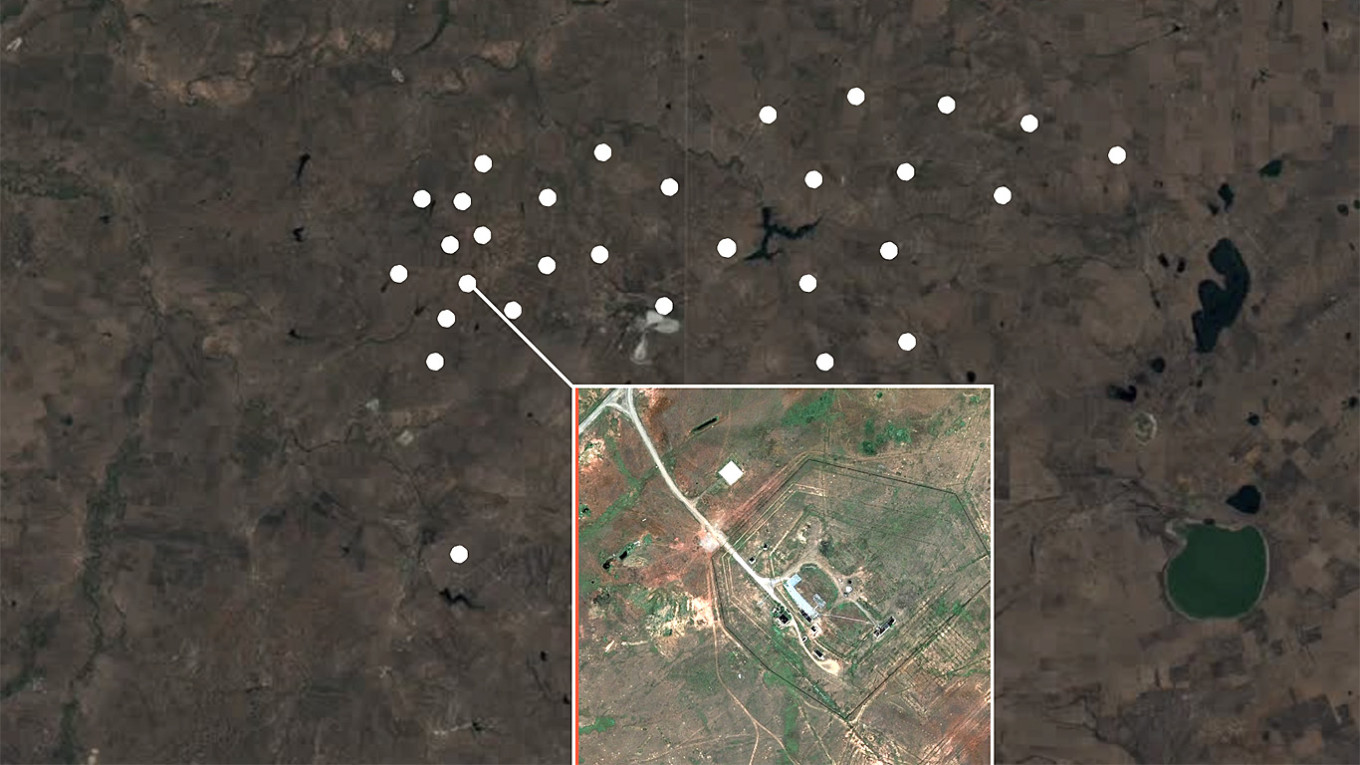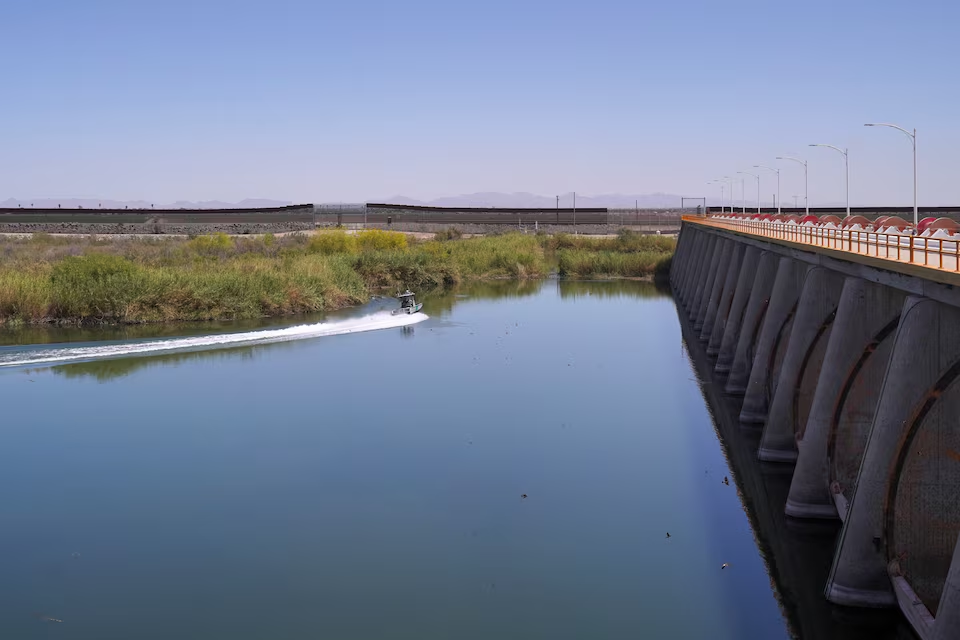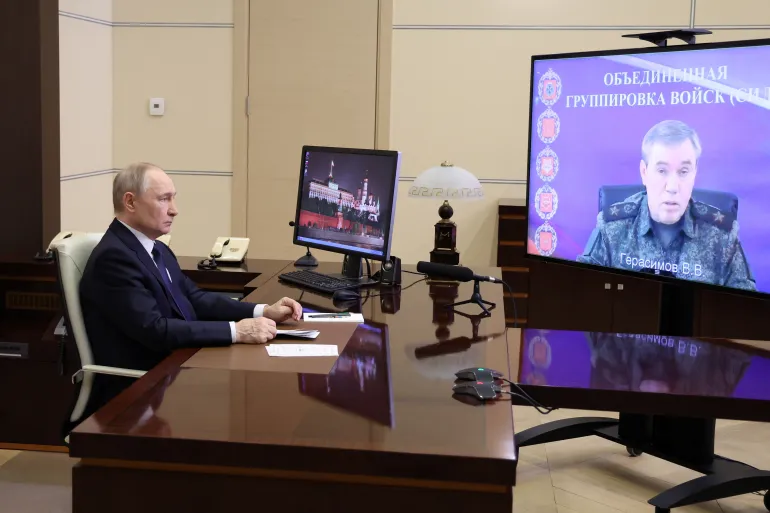In a sweeping move that has drawn strong international condemnation, Mali’s military-led government has dissolved all political parties and associations, effectively dismantling the country’s remaining democratic framework. The announcement, made via a government decree on Wednesday, came just hours after the arrest of several prominent opposition leaders who had organized protests demanding a return to civilian rule.
The decree, signed by the Council of Ministers and broadcast on national television, cited the need to preserve public order and state security. “All political parties and associations are hereby dissolved with immediate effect,” the statement declared, offering no indication of how long the ban would last or what legal mechanisms would replace them.
This latest development marks a significant escalation in Mali’s political crisis, which has been unfolding since the military seized power in a 2021 coup and later reneged on promises to restore civilian governance. Despite repeated pledges to hold democratic elections, the transitional government has delayed the timeline multiple times, fueling public frustration and unrest.
Just days before the dissolution order, security forces arrested at least four leading opposition figures during a crackdown on a peaceful protest in Bamako, the capital. Human rights organizations and local activists have decried the arrests as politically motivated, accusing the junta of silencing dissent through intimidation and repression.
“This is the end of political pluralism in Mali,” said Fatoumata Diallo, a legal expert and former election commissioner. “By eliminating political parties, the military regime has effectively declared one-party authoritarian rule. It’s a direct assault on the constitution and on the democratic aspirations of the Malian people.”
The government has provided no evidence to support its claim that political parties posed a threat to national security. Observers believe the move is intended to preempt the growing momentum of anti-junta protests, which have drawn thousands of demonstrators in recent weeks. Many citizens have taken to the streets demanding a firm election date and a clear roadmap to civilian rule.
The dissolution of political organizations has triggered swift international reactions. The United Nations, the African Union, and the Economic Community of West African States (ECOWAS) issued separate statements condemning the decision and urging the military leadership to immediately reverse the decree.
“The dissolution of political parties represents a dangerous regression in Mali’s democratic trajectory,” said ECOWAS in a statement. “We call upon the authorities to respect the fundamental rights of citizens, including the freedom of association and the right to political participation.”
The United States and the European Union have also voiced concern, with the U.S. State Department warning that Mali risks international isolation and sanctions if it continues down this path. “Suppressing opposition voices and erasing political competition are not the hallmarks of a stable state,” said a spokesperson.
Inside Mali, the ban has sown confusion and fear among civil society groups, many of whom rely on legal recognition through associations. “We don’t know if our organizations will be next,” said Amadou Koulibaly, director of a civic education NGO. “This decree opens the door to unchecked authoritarianism.”
The junta, led by Colonel Assimi Goïta, maintains that it is acting in the country’s best interest and insists that a new political charter is being drafted. However, with all political activity effectively suspended and no independent oversight in place, many fear the military is seeking to consolidate power indefinitely.
The military initially gained popular support by promising to curb rampant corruption and restore order in a country plagued by Islamist insurgency and political instability. But that support has waned as the transition has dragged on without tangible progress or a credible election timetable.
Regional analysts warn that Mali’s actions could embolden other military regimes in West Africa, where coups have also taken place in Guinea, Burkina Faso, and Niger in recent years. “This is a dangerous precedent,” said analyst Ousmane Traoré. “If the international community doesn’t push back decisively, we could see a domino effect.”
As of now, the fate of political prisoners remains unclear, and there is no sign that the junta will relent. For many Malians, the dissolution of political parties represents not only a political setback but a personal one—a shattering of hopes for a democratic future.
Source: Al Jazeera



